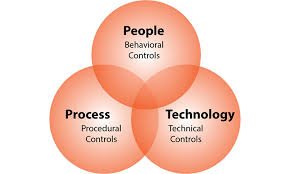Impact of Culture and Behaviors on Data Integrity Compliance in Pharmaceuticals

Impact of Culture and Behaviors on Data Integrity Compliance in Pharmaceuticals
Data integrity is not only about systems and SOPs, but also about people’s mindset, culture, and daily behaviors. Even the best electronic systems and QMS can fail if employees lack the right culture of integrity.
1. Culture of Quality vs. Culture of Fear
-
In a quality-driven culture, employees feel safe to report mistakes or deviations, leading to transparency and timely CAPAs.
-
In a fear-driven culture, employees may hide errors, falsify data, or backdate records to avoid punishment, creating regulatory risks.
2. Leadership Behavior Sets the Tone
-
When senior management prioritizes productivity over compliance, employees may feel pressured to “make results look good.”
-
Visible leadership commitment to ethics and compliance builds trust and reinforces integrity at all levels.
3. Employee Behaviors and Habits
-
Good behaviors: Recording data contemporaneously, following SOPs, asking when in doubt.
-
Risky behaviors: Using unofficial notes, delaying entries, sharing passwords, or repeating tests until passing results are obtained.
-
These small behaviors accumulate into systemic compliance risks.
4. Training and Awareness
-
Routine GMP training is not enough; companies need to train employees on why data integrity matters for patient safety.
-
Real-life case studies of FDA 483s and Warning Letters help employees understand consequences of poor practices.
5. Peer Influence and Team Norms
-
If employees see peers cutting corners without consequences, they may follow.
-
A positive compliance culture encourages staff to challenge unethical practices and support one another in doing the right thing.
6. Impact on Regulatory Compliance
-
Strong culture & ethical behavior = sustainable data integrity compliance, fewer FDA 483s/Warning Letters, and better market reputation.
-
Weak culture & poor behavior = repeated GMP violations, import alerts, recalls, and loss of trust.
✅ Conclusion:
The foundation of data integrity lies in people and culture. By fostering a quality-first mindset, leadership accountability, and safe reporting environment, pharmaceutical companies can strengthen compliance, protect patients, and maintain regulatory trust.
🎓 Discover one of the best Complete Pharmaceutical Quality Assurance Course available —click below to explore the course that’s shaping future in QA Course skills.

